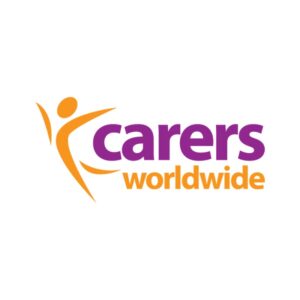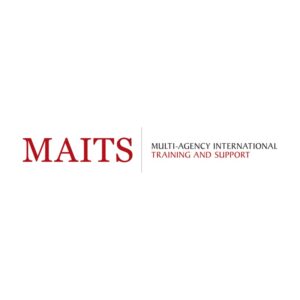Carers: Increase access to support and resilience for unpaid carers.
This year, CareTech Foundation worked with four Partnerships that increase access to support and resilience for unpaid carers.
This year, CareTech Foundation worked with four Partnerships that increase access to support and resilience for unpaid carers.

CareTech Foundation’s funding improved the health and socioeconomic wellbeing of 1008 carers of people with disabilities in the semi-rural region of Savar, Bangladesh. 50 village level carers groups were set up which are accessible for all 1008 carers. The programme trained 50 Barefoot Counsellors to support carers and trained 425 in their chosen livelihood. 474 carers were loaned set-up costs via village-level Carer Support Groups established as part of the programme. These funds enabled these carers to earn an income, where they were not before.
Via a holistic, co-created approach to working with carers across health services, employment, training and support groups, as well as stablishing sustainable policy and practice infrastructures, the project leaves a legacy ensuring the needs of carers will continue to be advocated for at a national level and will impact the lives of many more carers over the years to come.
Many of the activities established through the programme are now running independently. Going forward, the project will be scaled up in different regions of Bangladesh and Pakistan.

CareTech provided funding for MAIT’s Community Health Worker (CHW) programme in Bangladesh and Pakistan across 2021-2024. The programme was focused on a structured training programme to give ongoing support to care givers, via therapist and Community Health Worker training and the provision of open resources on YouTube for parents. The 346 CHWs trained by the programme worked with 2995 children over 3 years. The programme also trained and certified 62 therapists who can train further CHWs in the future.
Following training, care givers report feeling more confident and knowledgeable in looking after their child. School enrolments have increased for cared for children, as they are supported with becoming more ‘school-ready’.
Online resources have been developed and are available free of charge in multiple languages. There was such a positive uptake of signposting information to other services, that the programme is currently developing a ‘Directory of Services’ for CHWs and is working with a tech company to minimise the reporting burden for CHWs going forward.
The programme has enabled MAITS to build a series of partnerships within Bangladesh and Pakistan, to ensure that CHWs continue to be developed and empowered.